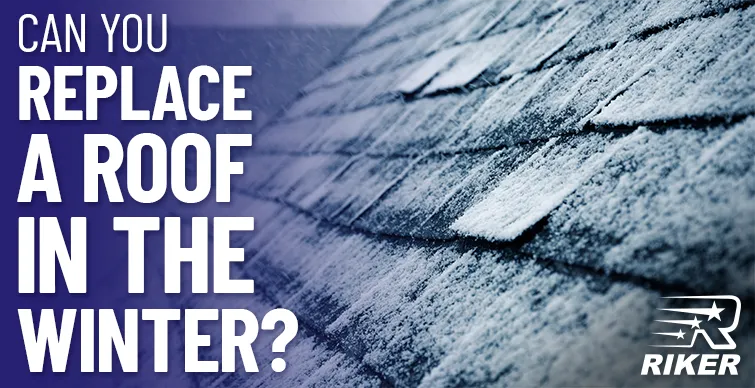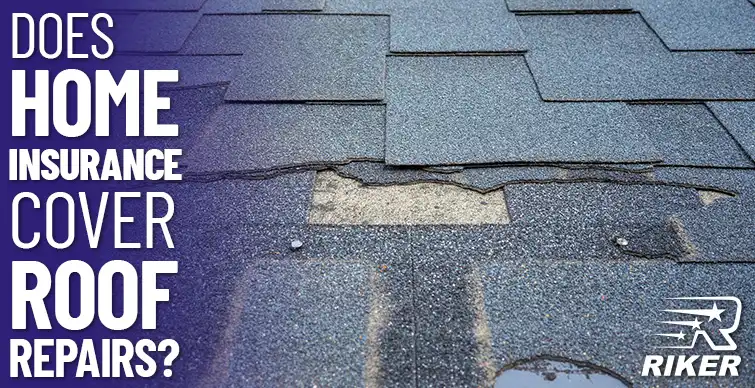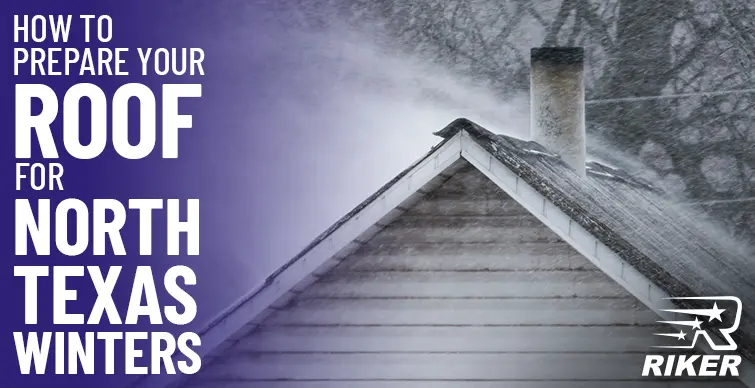Solar panels are becoming increasingly popular with homeowners. However, one question is common for anyone considering solar panel installation: Can they damage your roof? Let’s examine the damage risks involved with solar panels. You’ll also learn how to minimize risk and the challenges of different roof types.
Solar Panel Installation
You need to understand the installation process of solar panels to understand any potential roof damage risk. Solar panels will be attached to mounting racks when installed on top of your home. The mounting racks are secured to your roof by screws or bolts. Since the screws or bolts require drilling holes in your roof, sealant is used to waterproof around each hole.
Protentional Roof Damage
The installation of solar panels on your roof involves two main risks: roof penetration and weight. Each has specific concerns.
The primary concern of roof penetration due to the drilling is insufficient waterproofing around the holes or sealant wearing off over time. If this happens, water can leak into your home and cause water damage. The weight of the solar panels is another concern when installing them on your roof. The heavy weight of the panels and mounting system puts pressure on your roof. This added weight can stress the roof and lead to cracking or other damage.
Other Protentional Issues
Beyond the potential roof damage risks, there are some other concerns to be aware of when considering solar panels. The integration of solar panels into your home’s infrastructure isn’t just about the physical attachment to the roof; it also involves electrical systems that can present unique challenges. Other issues to be aware of extend beyond the initial installation.
Pests
The gaps under and around solar panels are potential places for pests to make their home. Additionally, if the seals become loose or damaged, this can be an entry point into your home for these pests.
Fire Hazards
The risk of a fire due to solar panels is rare, but it is still something to be aware of. Improper installation or poor maintenance can lead to:
- Component overheating
- Fault wiring
- Exposed wiring
The risk increases when dry leaves don’t get removed from your roof regularly.
Diminished Lifespan
The added stress on your roof caused by the solar panel weight can decrease its total lifespan. Of course, this depends on the type of roof you have, the total weight of your solar panels, and the quality of the installation.
Voided Warranty
If your roof is still under warranty, the warranty may be voided in the event of improper installation. However, in many cases, if the solar panel installer carefully follows the roofing manufacturer’s instructions, your warranty will be okay. Be sure to check your roof warranty about specifics on solar panels.
Reducing the Risk of Damage
Roof damage is a common concern for homeowners thinking about installing solar panels. However, the risk of damage to your roof can be minimized by remembering a few key points.
Work with a Reputable Company
The most important thing a homeowner can do is choose a reputable company to install their home’s solar panels. A company with a good track record can be trusted to perform a quality installation that follows the roofing manufacturer’s instructions.
Get Regular Maintenance
Another way to minimize the risk of roof damage is to schedule regular maintenance on your solar panels. This will allow a professional to check the condition of the panels, ensure the mounts are secure, and more. The maintenance should also include a full inspection of the seals to ensure no leaks are present.
Material-Specific Challenges to Consider
While solar panel installation is somewhat straightforward, different roof types present specific challenges and concerns. Understanding the challenges of your roof type can make a difference when considering solar panel installation.
Asphalt Shingles
One of the most common roof types that homes have in the United States is asphalt shingle roofs. Compared with other roof types listed below, asphalt shingles can be easier for a solar panel installer to work with. However, damage to asphalt shingles is possible.
Metal
Due to their increased durability, metal roofs work well with solar panels. Supporting the weight of the panels and mounting system is easier with metal roofs compared to other roof types. Unfortunately, some metal roofs may require specialized mounting hardware. If you have a metal roof and are contacting a solar panel installation company about installation, remember to mention your roof type.
Tile
If you live in an area where Spanish or Mediterranean architectural styles are prominent, there is a chance you have a tile roof. Unfortunately, these tiles can be fragile. This fragility makes solar panel installation more challenging. Installers must be extra careful not to damage the tiles. Just like metal roofs, tile roofs may require a specialized mount.
Slate
Slate roofs are coveted for their long lifespan. However, like tile roofs, they can be fragile to work with. Similarly to tile and metal roofs, installing solar panels on top of slate roofs may require specialized hardware.
Flat
While flat roofs can include a variety of materials, the concern is that they don’t support weight as well as sloped roofs. Additionally, slanted mounting hardware will be required. This type of mount is necessary because the solar panels need to be angled toward the sun for maximum efficiency. Because the slanted mount is heavier on one side, the weight isn’t distributed evenly on this type of roof.
Solar Panel Benefits
While there is some risk of roof damage because of solar panels, for many homeowners, the benefits far outweigh the risks. Some benefits of installing solar panels in your home include the following.
Low Maintenance
Despite regular maintenance being a requirement of owning solar panels, the maintenance requirements can be low. However, this regular maintenance is something you’ll schedule with the solar installation company rather than doing it yourself. With regular and proper maintenance of solar panels, they can last anywhere from 25 to 30 years or more.
Environmental Benefits
Unlike many traditional types of power generation that electrical grids run on, solar panels don’t produce air pollutants. They are a renewable and clean source of energy. Any homeowner who installs solar panels is effectively reducing their carbon footprint. Because solar panels are a green technology, tax incentives are common throughout the U.S. Many states, including Texas, offer tax credits to homeowners who install solar panels on their property.
Lower Electric Bills
Solar panel use will drastically lower your electric bill. In some cases, you may even be able to generate more electricity than you use in a given month. If this happens, many electric companies will allow you to sell the surplus electricity back to them. Between selling excess electricity to the electric company and tax incentives, you can offset a good amount of the solar panel cost.
Property Value
Based on home sales throughout the country, the property value of your home will likely increase due to solar panel installation. Because of this added property value, it’s easy to see solar panels as a good investment if you ever plan to sell your home.
Learn More About Protecting Your Roof
While solar panels can cause some roof damage, this risk can be mitigated, and the benefits of solar panel use usually outweigh any risks involved. At Riker, we specialize in providing roofing inspections, repairs, and replacements for Plano and the surrounding area residents. We also provide a full range of garage door services. If you’re concerned about your roof’s condition, contact Riker today to schedule an appointment.


